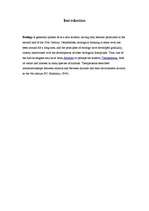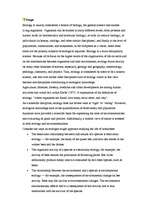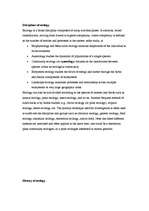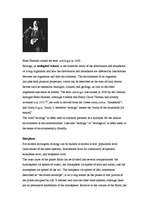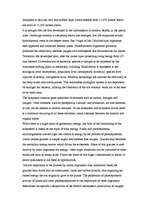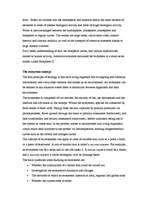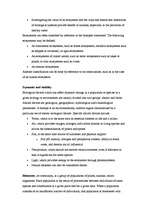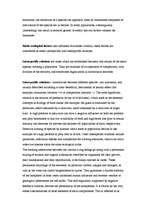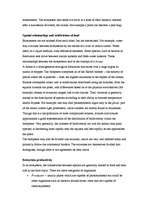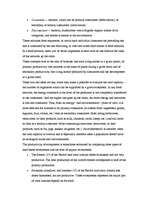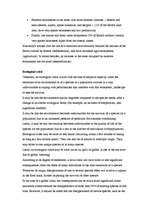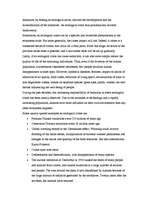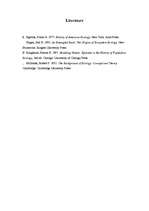-
Ekoloģija
Ecology is usually considered a branch of biology, the general science that studies living organisms. Organisms can be studied at many different levels, from proteins and nucleic acids (in biochemistry and molecular biology), to cells (in cellular biology), to individuals (in botany, zoology, and other similar disciplines), and finally at the level of populations, communities, and ecosystems, to the biosphere as a whole; these latter strata are the primary subjects of ecological inquiries. Ecology is a multi-disciplinary science. Because of its focus on the higher levels of the organization of life on earth and on the interrelations between organisms and their environment, ecology draws heavily on many other branches of science, especially geology and geography, meteorology, pedology, chemistry, and physics. Thus, ecology is considered by some to be a holistic science, one that over-arches older disciplines such as biology which in this view become sub-disciplines contributing to ecological knowledge.
Agriculture, fisheries, forestry, medicine and urban development are among human activities that would fall within Krebs' (1972: 4) explanation of his definition of ecology: "where organisms are found, how many occur there, and why".…
Ecology is generally spoken of as a new science, having only become prominent in the second half of the 20th Century. Nonetheless, ecological thinking at some level has been around for a long time, and the principles of ecology have developed gradually, closely intertwined with the development of other biological disciplines. Thus, one of the first ecologists may have been Aristotle or perhaps his student, Theophrastus, both of whom had interest in many species of animals. Theophrastus described interrelationships between animals and between animals and their environment as early as the 4th century BC (Ramalay, 1940).

